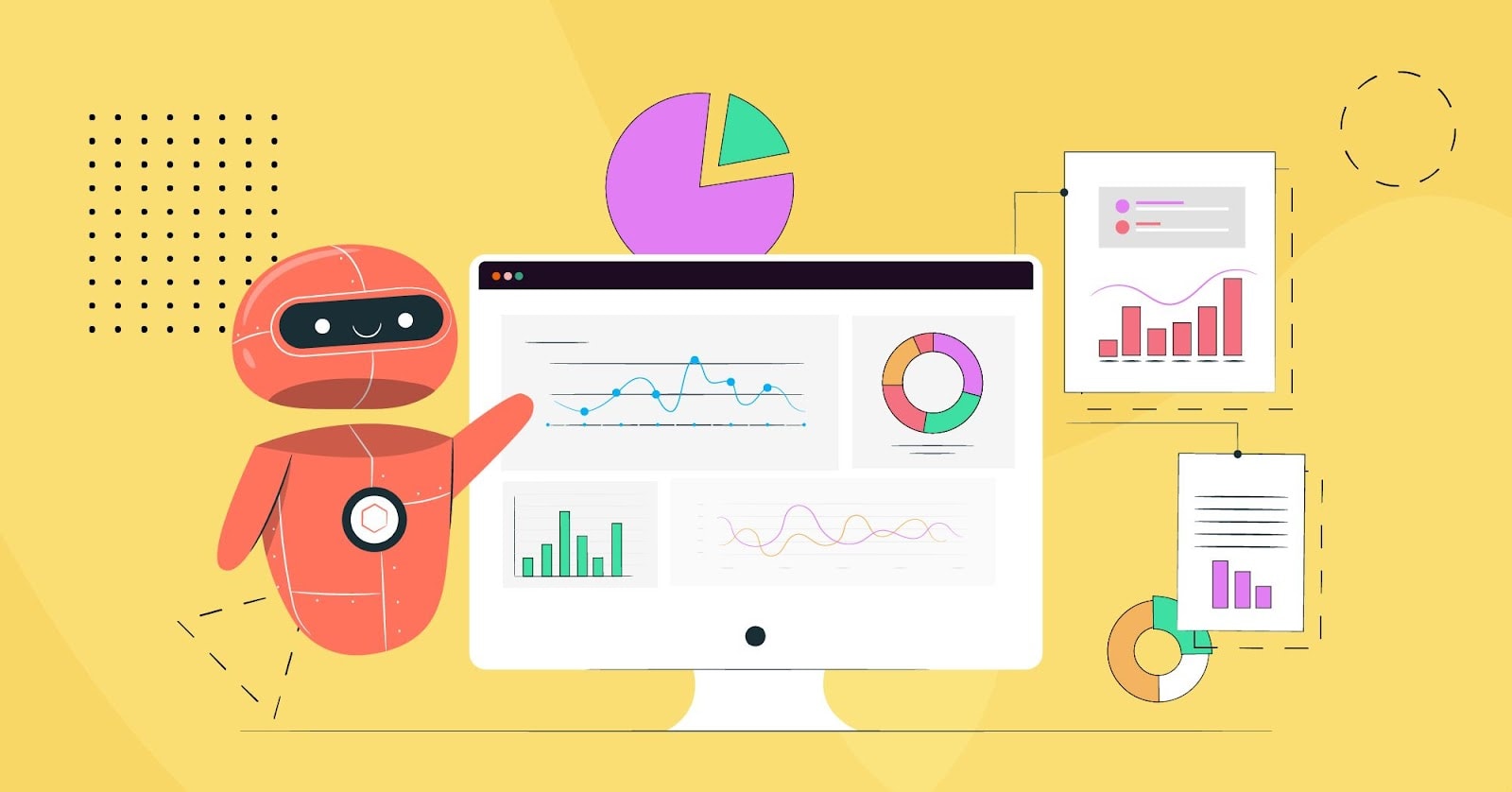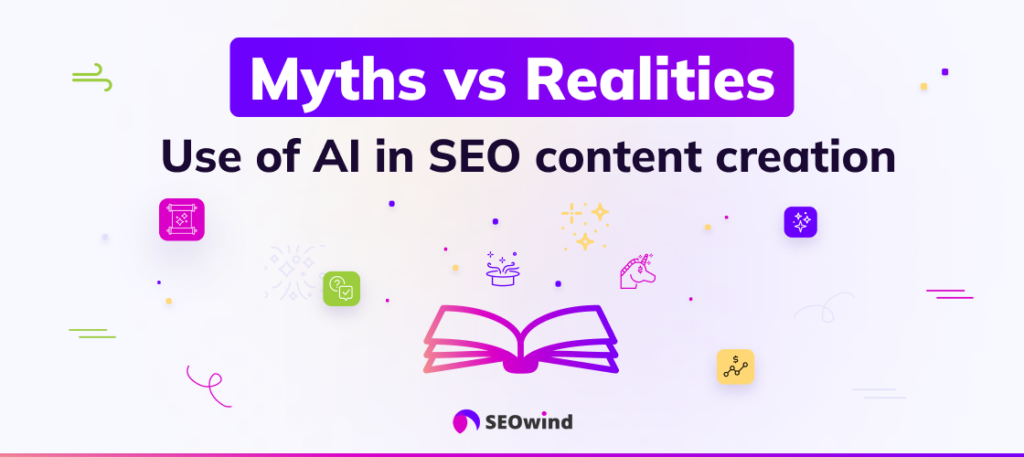Introduction
SEO has always been a moving target. With Google’s algorithm constantly evolving and user behaviors changing by the day, it’s no wonder that marketers often feel overwhelmed. Guesswork and gut instincts are no longer enough to compete on search engines.
Fortunately, machine learning and AI have stepped in to transform SEO from an unpredictable art into a data-driven science. In this article, we’ll explore how AI-driven SEO is taking the guesswork out of digital marketing, enabling marketers to work smarter, faster, and more effectively.
The Problem with Traditional SEO
Traditional SEO methods, while foundational, are often cumbersome and inefficient in today’s fast-paced environment. Manual keyword research can take hours. Content optimization is based on assumptions rather than concrete data. And relying on outdated information can lead to missed opportunities or penalties.
Moreover, human error is inevitable. One wrong guess about user intent or an overlooked technical issue can tank your rankings. These limitations make it clear: we need a smarter approach.
What is AI-Driven SEO?
AI-driven SEO involves using artificial intelligence and machine learning tools to automate and enhance search engine optimization tasks. These tools analyze vast amounts of data, recognize patterns, and deliver actionable insights—far faster than a human could.
Natural Language Processing (NLP) helps AI understand user intent and semantics, which means better matching of content to search queries. Meanwhile, machine learning models continuously refine their recommendations based on performance outcomes.
Benefits of Machine Learning for SEO
One of the most appealing aspects of AI in SEO is its speed. AI can process millions of data points within seconds to provide keyword suggestions, content topics, backlink strategies, and more.
Additionally, machine learning helps in predictive analysis. It can forecast which content topics will trend or identify which pages are likely to perform best with specific audiences.
Automated clustering of keywords and content themes helps organize your SEO efforts more efficiently, ensuring comprehensive topical coverage and semantic relevance.

Real-Time Data Analysis and Adaptation
AI tools don’t just collect data—they analyze it in real time. Whether it’s a spike in competitor activity, a drop in your rankings, or a shift in search trends, AI can spot it instantly.
Tools like Clearscope, Surfer SEO, and MarketMuse use this capability to suggest improvements on the fly. This allows marketers to adapt strategies before they lose ground, giving them a competitive edge.
Smarter Keyword Research
Forget manually sifting through spreadsheets of keyword data. AI tools now offer automated keyword discovery that identifies long-tail and semantic keywords based on user behavior and intent.
These tools don’t just look at volume—they analyze context, user journey stages, and competition to prioritize the most impactful keywords.
Content Optimization at Scale
Creating and optimizing content manually is unsustainable, especially for large websites. AI content tools help by scoring existing content, suggesting improvements, and even generating optimized content drafts based on best practices.
With features like content gap analysis and semantic enrichment, these platforms ensure your content hits all the right notes for both users and search engines.
Link Building with AI
Link building has long been one of SEO’s most time-consuming tasks. AI simplifies it by analyzing competitor backlinks, identifying high-authority opportunities, and even automating outreach with personalized email templates.
By using AI, marketers can build stronger backlink profiles without wasting hours on manual prospecting.

Voice Search and AI
As voice search continues to grow, optimizing for conversational queries becomes critical. AI helps decode how people naturally speak and converts those patterns into targetable search terms.
From structuring content for featured snippets to tailoring responses for voice assistants, AI ensures you’re optimized for the next generation of search.

Local SEO and Automation
Local businesses can also benefit greatly from AI SEO tools. These platforms offer geo-targeted content suggestions, automate Google Business Profile updates, and even respond to local reviews in real time.
This level of automation ensures that local SEO efforts are consistent, timely, and optimized for search visibility.
Technical SEO Made Simple
Technical SEO is often seen as complex and intimidating. AI demystifies it by automatically performing site audits, identifying issues, and recommending fixes—from broken links to Core Web Vitals.
Tools like Sitebulb, Screaming Frog (with automation scripts), and SEMrush’s Site Audit feature make it easier to maintain a technically sound website.
Personalization and User Experience
AI doesn’t stop at SEO—it also enhances the user experience. By analyzing behavior patterns, it can suggest UX improvements and even deliver dynamic content tailored to individual users.
A better user experience leads to longer session durations, lower bounce rates, and higher conversion rates—all of which signal quality to search engines.

Common Misconceptions About AI in SEO
A major fear is that AI will replace human SEOs. In reality, AI is a tool—one that still needs strategic direction from humans. It accelerates and informs your work, but it doesn’t remove the need for creativity, empathy, and big-picture thinking.
AI won’t replace you. But SEOs who embrace AI will replace those who don’t.
Choosing the Right AI SEO Tool
There are many AI SEO platforms out there, each with its own strengths. Key features to consider include NLP capabilities, integration with your CMS, real-time SERP analysis, and usability.
Popular options include Jasper, Surfer SEO, MarketMuse, and Frase. The best tool depends on your business size, goals, and existing tech stack.
Future of SEO: Human + Machine Collaboration
The future of SEO isn’t AI alone—it’s collaboration. Marketers who combine AI’s power with human insight will have the upper hand. The most successful teams will use machines for data-heavy tasks and reserve human effort for strategic decision-making.
As AI continues to evolve, expect even more sophisticated capabilities—but always remember: strategy comes first.
Conclusion
If you’re tired of playing guessing games with SEO, now is the time to embrace automation. Let the machine handle the data-crunching, pattern-recognition, and repetitive tasks so you can focus on creative strategy and big-picture goals.
AI-driven SEO tools aren’t just a trend—they’re the future of digital marketing. Don’t get left behind.

